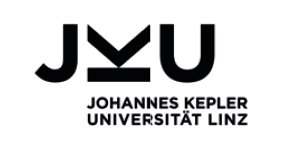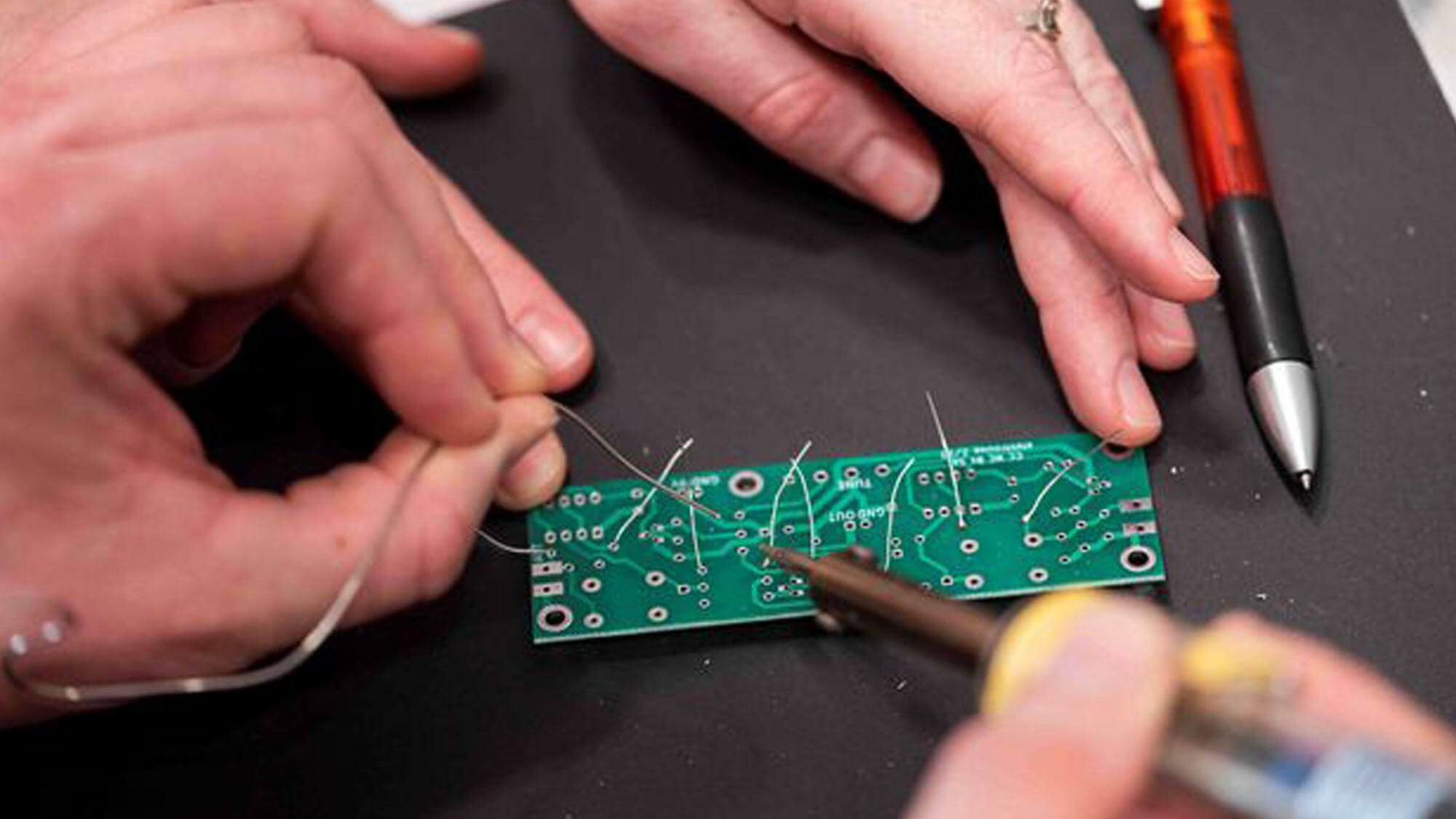How well can LLMs represent my values? How, what, and from where do LLMs get their learning abilities? During two independent sessions, we will address a full spectrum of questions.
Session 1
We will talk about Large Language Models (LLMs) and you will have an opportunity to explore the challenges of the LLMs’ range of capabilities first-hand, ranging from LLMs creative capacity and analytical abilities, to performing tasks with little prompting. How would you tell an AI to behave like you do? Can you tell the AI apart from a human? How would you probe the AI’s values? Are these the same as yours? Where are their values coming from? Can they fool you?
Session 2
We will dive deeper into the data production and curation process and its role in modeling and deployment. We will also provide an end-to-end view of the flow from generation, provenance, control, influence, privacy, and ownership to integration into everyday life. During this session, participants will become more hands-on.
Registration

Please note: Number of participants: 25
Language: English
Registration required.
Workshops are open for FESTIVALPASS+, FESTIVALPASS or One-Day-Pass Holders only.
Credits
Credits: Presented in collaboration with the Johannes Kepler University and the Circus of Knowledge.
Jad Kabbara
Jad Kabbara is a postdoctoral researcher at the MIT Center for Constructive Communication (CCC) working with Prof. Deb Roy. His broad interests are in Artificial Intelligence and Natural Language Processing and its applications to address important societal problems at the intersection of social media, communication and political discourse. He received his PhD in Computer Science in 2022 from McGill University where he was part of the Reasoning & Learning Lab and the Montreal Institute for Learning Algorithms (Mila). His PhD research was at the intersection of computational pragmatics and natural language generation and natural language understanding. His work focused on the computational modeling of presupposition effects in natural language and was recognized with best paper awards from top NLP
academic conferences (ACL 2018 Best Paper Award and COLING 2022 Best Short Paper Award). Prior to his PhD, he received a Masters in Machine Learning & Statistical Signal Processing from McGill University in 2014 and a Bachelors in Computer Engineering (with a minor in history) from the American University of Beirut (AUB) in 2011.
Deb Roy
Director, MIT Center for Constructive Communication
CEO & Co-founder, Cortico
Deb Roy is Professor of Media Arts and Sciences at MIT where he directs the MIT Center for Constructive Communication, and co-founder and CEO of Cortico, a social technology non profit that develops and operates a conversation platform designed to surface underheard voices both within communities and across divides. His research on applied machine
learning, human-machine system design, and understanding large-scale social media ecosystems is directed toward developing safe and trusted spaces for meaningful, nonpolarizing human connection and civic impact.
Belén Saldías
Ph.D. Candidate, MIT Center for Constructive Communication
Belén Saldías is a Ph.D. Candidate at the MIT Center for Constructive Communication. She joined MIT in 2018 and has worked under the supervision of Professor Deb Roy since then. Her thesis focuses on explaining machine-guided community content moderation. Her
overarching interest is making the internet a safer and more fruitful place for children and historically marginalized communities, working on the intersection of machine learning and natural language processing with social sciences. In her TEDx Talk “Does AI Hold the Same Values We Do?”, Belén invites the audience to consider the cultural biases built into tools
like ChatGPT and shares some personal reflections on the hidden challenges of using AI. Belén enjoys sharing her research and learning from those who are outside of academia.

